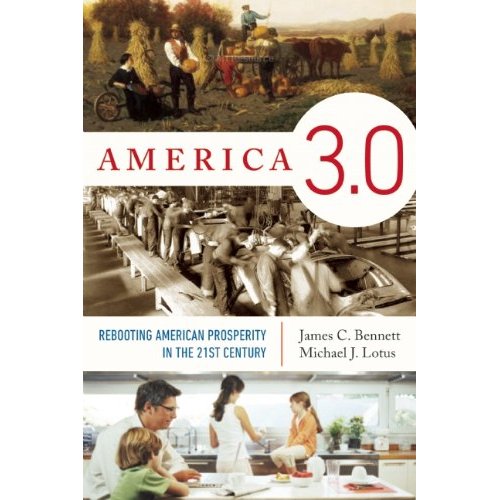Lind on “the Navy’s Intellectual Seppuku”
Saturday, February 22nd, 2014
William Lind had a very important piece regarding an extraordinarily ill-considered move by the Navy brass:
The Navy Commits Intellectual Seppuku
The December, 2013 issue of the Naval Institute’s Proceedings contains an article, “Don’t Say Goodbye to Intellectual Diversity” by Lt. Alexander P. Smith, that should receive wide attention but probably won’t. It warns of a policy change in Navy officer recruiting that adds up to intellectual suicide. Lt. Smith writes, “Starting next year, the vast majority of all NROTC graduates will be STEM majors (science, technology, engineering, and mathematics) with minimal studies in the humanities … As a result of the new policy, a high school senior’s best chance of obtaining a Navy scholarship is to apply for Tiers 1 and 2 (engineering, hard sciences, and math), since CNO guidance specifies that not less than 85 percent of incoming officers will come from this restricted pool.”
….The engineering way of thinking and the military way of thinking are not merely different. They are opposites. Engineering, math, and other sciences depend on analysis of hard data. Before you make a decision, you are careful to gather all the facts, however long that may take. The facts are then carefully analyzed, again without much regard for the time required. Multiple actors check and re-check each others’ work. Lowest-common-denominator, committee-consensus decisions are usually the safest course. Anything that is not hard data is rejected. Hunches have no place in designing a bridge.
Making military decisions in time of war could not be more different. Intuition, educated guessing, hunches, and the like are major players. Hard facts are few; most information is incomplete and ambiguous, and part of it is always wrong, but the decision-maker cannot know how much or which parts. Creativity is more important than analysis. So is synthesis: putting parts together in new ways. Committee-consensus, lowest-common-denominator decisions are usually the worst options. Time is precious, and a less-than-optimal decision now often produces better results than a better decision later. Decisions made by one or two people are often preferable to those with many participants. There is good reason why Clausewitz warned against councils of war.
Read the whole thing here.
Rarely have I seen Lind more on target than in this piece.
Taking a rank-deferential, strongly hierarchical organization and by design making it more of a closed system intellectually and expecting good things to happen should disqualify that person from ever being an engineer because they are clearly too dumb to understand what resilience and feedback are. Or second and third order effects.
STEM, by the way, is not the problem. No one should argue for an all-historian or philosopher Navy either. STEM is great. Engineers can bring a specific and powerful kind of problem solving framework to the table. The Navy needs a lot of smart engineers.
It is just that no smart engineer would propose to do this because the negative downstream effects of an all-engineer institutional culture for an armed service are self-evident.





